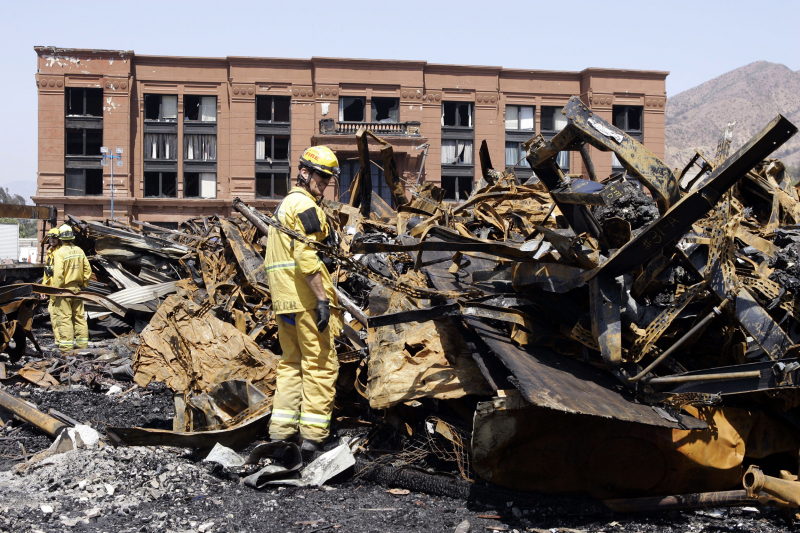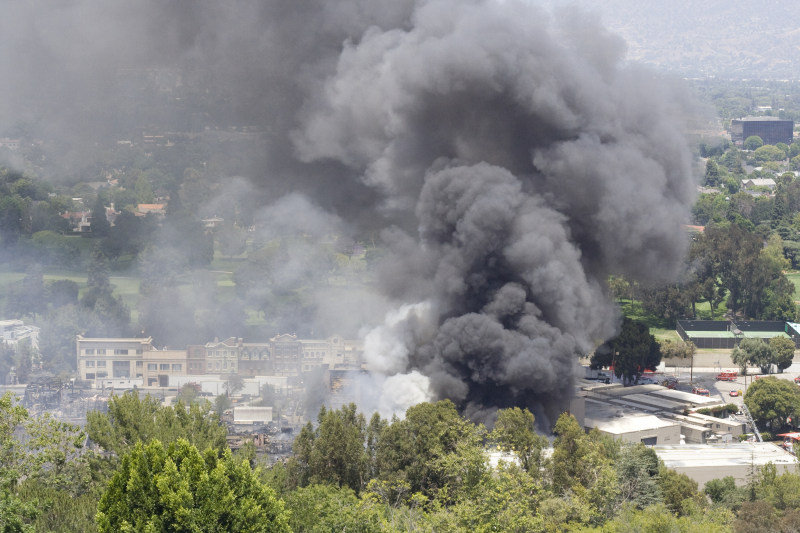The UMG Catalog
A fire may occasionally result in a loss that is multi-layered. One aspect of it is the monetary expense, but there may also be a loss of the item's originality. It can be tragic if a building's contents, such as furniture and appliances, are destroyed, but most things can be replaced. There were cultural and historical costs associated with Universal Music losing a significant amount of their music catalog in addition to financial ones. A significant collection of master recordings for music was lost in a fire in 2008. These were the authentic, best, and most distinct recordings of the music created by tens of thousands of musicians.
The issue with this narrative is that, even more than ten years later, Universal still won't be transparent about what happened. At first, the New York Times said that up to 175,000 archived material had been erased. As many as 500,000 tracks, according to the vault manager, were lost. Universal promptly refuted this, claiming that nothing of the such had occurred and that they had backups for almost all of the data that had been lost. They repeatedly revised their explanation until deciding on "substantial," but less severe, damage than the Times stated. They once asserted that only 22 masters had been eliminated. It's not that horrible, is it?
In insurance claims and legal actions, Universal asserted that the fire destroyed recordings by more than 17,000 artists. They consistently avoided saying who or what was lost. They have instead claimed that those were merely "possibly" lost assets. Finally, 19 artists were found to have lost their work, including Bryan Adams, Beck, and Nirvana.
It's difficult to estimate how many things were actually destroyed because cases are still pending and Universal hasn't been completely open about its practices. Whatever the case, there were undoubtedly some historical recordings as well as other recordings, including speeches by Martin Luther King Jr.












